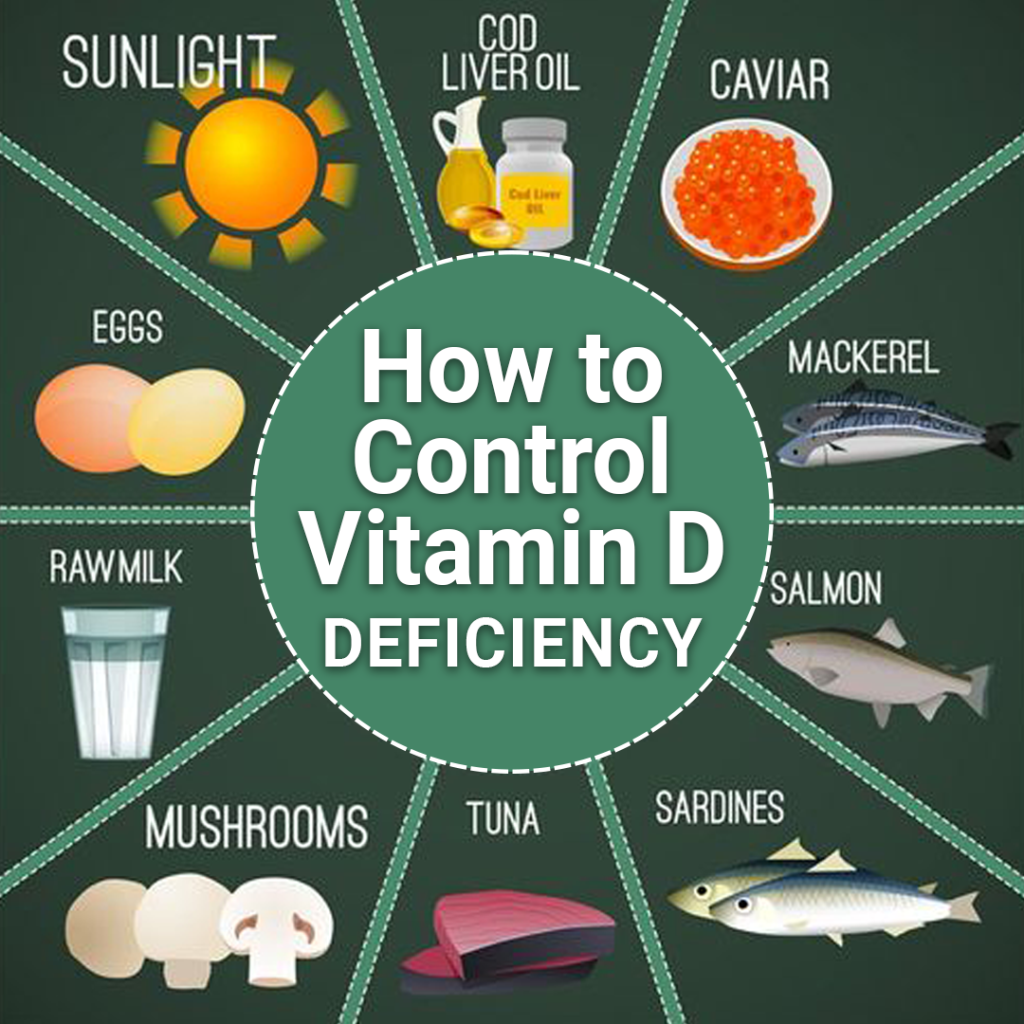Vitamin D deficiency is an increasingly prevalent problem that can manifest itself in various ways, with severe deficiencies potentially leading to rickets in children and osteomalacia in adults. Vitamin D supplements may be an effective treatment, both over-the-counter (cholecalciferol) and by prescription (calcitriol). Your physician can advise you on the most suitable dose.
Symptoms
Vitamin D is vital in calcium absorption and essential for maintaining strong bones. Inadequate levels of this nutrient can lead to rickets in children and osteoporosis in adults. Common symptoms of vitamin D deficiency include bone pain, muscle weakness, fatigue, impaired immune function, and skin conditions like eczema.
Most people with vitamin D deficiencies don’t realize it because symptoms may be subtle. Your physician can perform a blood test to measure your vitamin D levels.
People with dark skin are at risk for vitamin D deficiency due to melanin-rich pigment reducing their skin’s ability to produce it from sunlight or have conditions that interfere with getting and using it, such as Crohn’s disease, cystic fibrosis, or celiac disease.
Are You at Risk of Vitamin D Deficiency?
Reduced enzyme levels resulting from kidney or liver disease, as well as the use of specific medications (such as anticonvulsants, glucocorticoids, or HIV treatments), can impede the conversion of vitamin D into its active form. This risk is further elevated in elderly individuals whose skin produces less vitamin D over time. Those residing in long-term care facilities or spending extended periods indoors are also at a higher risk than those who frequently spend time outdoors.
Causes
Vitamin D deficiency is a global problem that has been linked with bone softening (rickets in children and osteomalacia in adults) as well as other chronic diseases and even mortality and infection – though results of intervention studies remain conflicted.
The two key factors affecting one’s vitamin D levels are diet and sun exposure. As we age, our bodies become less efficient at synthesizing vitamin D. Individuals with darker skin have a limited ability to absorb dietary vitamin D. Additionally, the use of sunscreen can further hinder the body’s ability to produce vitamin D. For individuals who are institutionally or bedbound, receiving sufficient sunlight exposure can be a challenge. Those with limited mobility, particularly older adults, may be unable to spend time outside in the sun regularly.
Read More: Tips for Maintaining a Healthy Lifestyle
Vitamin D deficiency can also be caused by factors such as hyperparathyroidism, renal failure, and hereditary resistance to calcification (hereditary rickets). In addition, patients with cirrhosis may experience defects in 25-hydroxylation, leading to decreased active vitamin D levels. Scientific studies have shown that taking vitamin D supplements may increase serum 25(OH)D levels, enhance bone density, and mitigate the risks of cancer, cardiovascular issues, depression symptoms, and infections. However, the benefits of vitamin D supplementation may vary across different groups depending on the dosing regimen.
Treatments
Due to its nonspecific and vague symptoms, vitamin D deficiency is often misdiagnosed. However, diagnosis is more easily made in more severe cases where children develop rickets or adults develop bone deformities due to reduced calcium levels caused by deficiency.
Specific patient demographics are particularly susceptible to experiencing a deficiency in vitamin D. This includes individuals residing in regions with minimal exposure to sunlight, such as the Northern United States. African Americans are also at a higher risk due to typically having lower bone density and struggling with the absorption of calcium from their diet. Additionally, pregnant and breastfeeding women may be unable to provide sufficient vitamin D to their infants through breast milk alone. Critically ill patients are also at risk, as they often have lower levels of 25(OH)D, especially those who are admitted for long-term stays.
Read More: Natural Health and Nutrition Tips
By undergoing a basic blood test, you can determine whether your vitamin D levels meet the expected standards. If they fall outside the acceptable range, your healthcare provider may prescribe an oral supplement of 50,000 International Units per week for up to eight weeks (a standard dosage).
However, suppose you are taking certain medications that impede absorption, like carbamazepine, phenytoin, primidone, or HIV treatment medicine that hinders vitamin D absorption, such as carbamazepine, phenytoin, or primidone, or medicines employed for HIV infection treatment. In that case, you may need to take a multivitamin instead.

